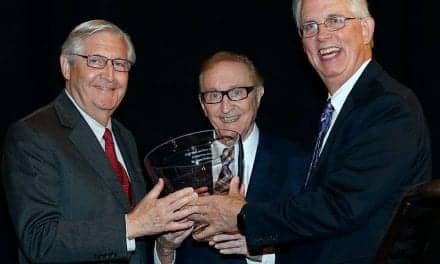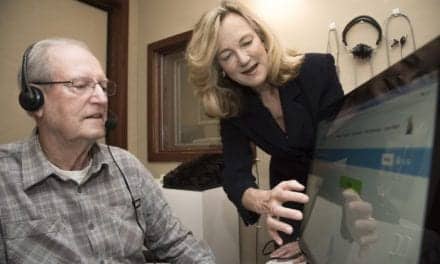
Importantly, many of the 105 co-sponsors include prominent members of Congress, including eight members of the House Ways and Means Committee, the committee that considers all tax legislation. The most recent member on this committee to sponsor the Hearing Aid Tax Credit Assistant Act was Rep Melissa Hart (R-Pa) whose district is located to the northwest of Pittsburgh, and includes Allison Park and Ellwood City. Hart noted that “while the technology to help people with hearing loss is readily available, too many Americans still cannot afford it. This legislation will enable more people with hearing loss to get the assistance they need to improve their lives.”
She’s right. The rapid advances in hearing care technology—including programmable, CIC, directional, digital, and now open-fit hearing instruments—during the last 10 years have nearly doubled the average price of a hearing aid. But it is important to point out that these increases have come mainly because of consumer preference for the high-technology, high-performance devices. This year’s HR Dispenser Survey (see last month’s issue or visit www.hearingreview.com) showed that, when weighted for all the different technologies and styles of devices sold in the US, the average price of a hearing aid dispensed by a hearing care practice in 2005 was $1,904—only a 1% ($11) increase from the previous year. When looking closer at the various hearing aid categories, average prices in 2005 ranged from $885 for a linear ITE to $2,802 for a premium digital CIC. In general, prices for most hearing aid technologies and styles have been falling during the last couple years. However, it is still prohibitively expensive for many seniors on a fixed income—let alone moms and dads with mouths to feed and mortgages to pay—to even consider an investment of $1,800-$5,600 for a set of binaural hearing aids.
We need the Hearing Aid Tax Credit Assistance Act. Along with universal newborn hearing screening, it is perhaps one of the only bills in the last decade that everyone in hearing health care—no matter what your professional or political persuasion—can rally around.
For more information on HR 414 and S 1060 and how to help get these bills passed, visit www.hearing.org/public or see the March 2006 HR, pgs 114-117.
Passings. Westone President and CEO Randy Morgan passed away in June after valiantly battling cancer. He was 52. Randy, with his family and friends, helped build Westone—from a business that was literally started by his parents in their log cabin during the 1950s—into one of the largest custom earmold businesses in the world today. Randy was a wonderful person who you were always happy to bump into: a straight-shooter with a sharp sense of humor who always had a twinkle in his eye that showed he cared about his business, his customers, and the consumer. We’ll miss him. For more information about Randy’s life, see p 76.





